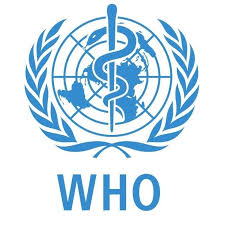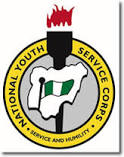As most schools opened yesterday for Senior Secondary School Three (SSS3) students and planned for other pupils to return by September, medical experts have faulted the reopening of the institutions without COVID-19 testing and contact tracing.
President, Nigerian Medical Association (NMA), Prof. Innocent Ujah, told The Guardian: “NMA has already made its position known to anyone that cares to listen. Ant it is that Nigeria, whether the governments or the school proprietors, is not yet well prepared to reopen schools or places of worship.”
Ujah, who is also the Vice Chancellor of Federal University of Health Sciences, Otukpo, Benue State, added: “Once they are well prepared to prevent further spread and manage the consequences, NMA will readily go along with the government policy on the reopening of these places. All NMA can do in this case, is to advocate and caution since we are the custodians of health of Nigerians. But we, as doctors, cannot enforce our view, even though the Presidency has persistently advised that Nigerians should listen to the medical experts.”
To Chairman, Expert Committee on COVID-19 and consultant virologist, Prof. Oyewale Tomori, “first, we need to correct the wrong impression created by the reported daily drop in numbers of cases, giving the wrong impression that we are flattening the curve. For example in the last three days of July, we tested 11,168 samples with 1,347 or 12.1 per cent positive.” He went on: “For the first three days of August, we have tested only 5,217 samples with 978 or 18.7 per cent. So we are testing less and getting higher positivity rate and we are deceiving ourselves talking of flattening the curve. All we are doing is flattening the truth.
“Remember testing in states like Kogi and Cross River cannot be considered adequate. We also hear of states that have quietly placed an ‘embargo’ on testing.”
Tomori, who was vice chancellor of Redeemer’s University and consultant to the World Health Organisation (WH0), further stated: “We need to do better testing – strategic testing and identifying the flare up or hot zones – through proper and deep down analysis of the data we already have.
This means our laboratory results must come out quicker than it is now, so we know the positive cases and isolate them timely to reduce the period they have to transmit to others.”
He noted: “On contact tracing, we are really doing abysmally poorly. According to Nigeria Centre for Disease Control (NCDC) website, we do not know how about 75 per cent of the over 40,000 Nigerian cases got their infection.”
Also, two new studies published yesterday in the medical journal The Lancet Child & Adolescent Health spotlighted strategies that could be key in bringing children back to the classroom: scaled-up testing for cases, effective tracing of the contacts of those who test positive and isolation of those who test positive or have symptoms.
Researchers in Britain found that schools could reopen safely so long contact tracing is in place. Contact tracing strategies involve enough testing to find cases, isolating those people and then tracking down as well as quarantining their contacts.
Source: Guardian



